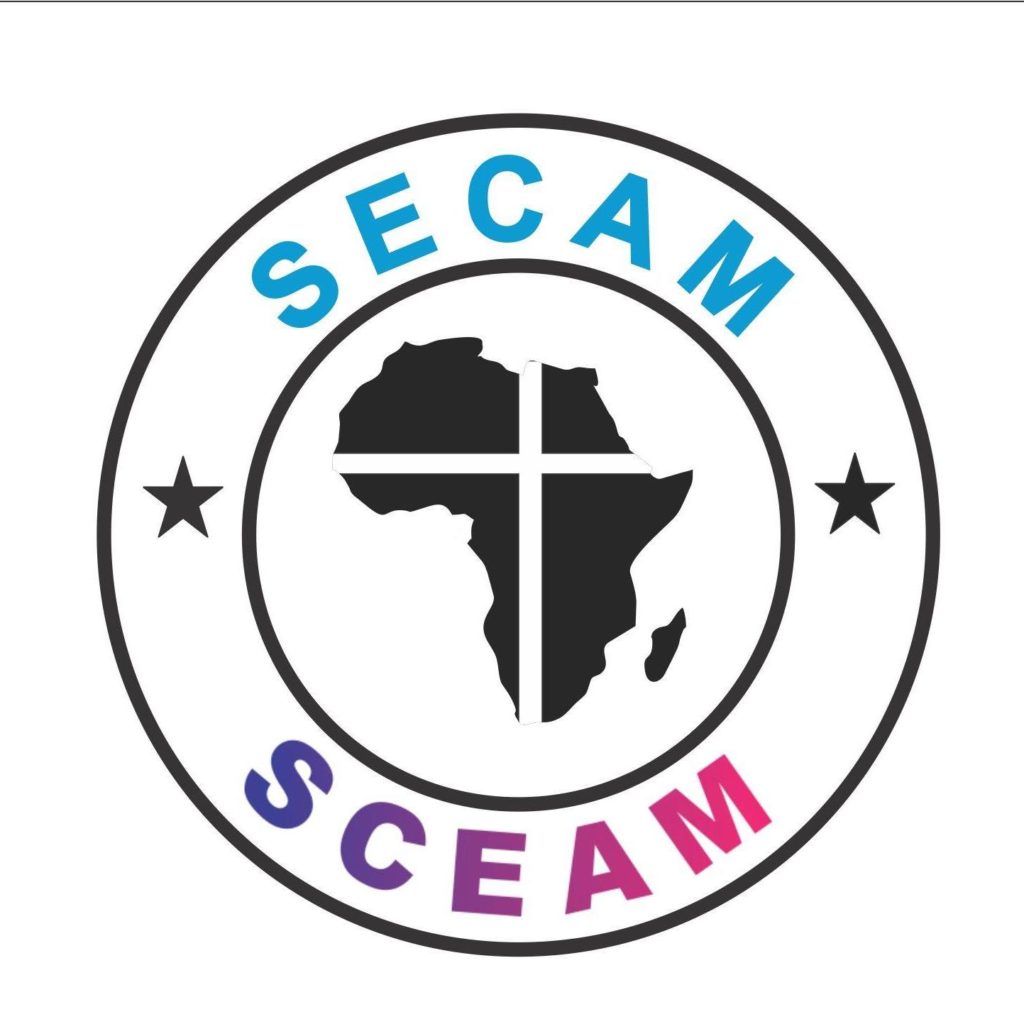SECAM: Prelates in Africa Appeal for Better Economy that Protects the “Dignity and Basic Rights”

Sr. Jecinter Antoinette Okoth, FSSA
Following the just concluded 2022 spring meetings of International Monetary Fund (IMF) and the World Bank Group (WBG), members of the Symposium of Episcopal Conferences of Africa and Madagascar (SECAM) have appealed to delegates for the annual meeting to work towards an economy that protects people’s lives specially the poor and the vulnerable.
In their statement signed Tuesday, April 19, when the meeting was ongoing, the Catholic bishops asked delegates of IMF and WBG to “use the resources and the opportunities at their disposal to help shape an economy that better protects the dignity and basic rights of our sisters and brothers all around the world.”
“We believe that this year’s Spring Meetings will develop initiatives that will support governments to work for the benefit of all and avoid implementing measures that further isolate the poor and the vulnerable,” reads an excerpt of the statement adding that, “We are hopeful that delegates at the meetings are not meeting to merely discuss the global economy in terms of what it produces, but also how it touches and promotes life, protects the dignity of the human person and protects the integrity of creation.”
In the statement signed by the first Vice President of SECAM who doubles as the Commission Chair, Bishop Sithembele Anton Siphuka, the Church leaders echo Pope Francis’ message in defending the dignity of the human person saying, “We reiterate his words to call for an economy that gives life rather than one that kills.”
Speaking about recovery of the world’s economy after Covid-19 pandemic, the bishops highlighted that the recovery is not meant to “return to an unequal and unsustainable model of economic and social life…, but to develop social and economic systems that support distribution of wealth and guide humans to be inclusive of all people and eliminate economic inequality from society.”
In their observation, Covid-19 has clearly revealed how interdependent and interconnected humanity are and at the same time it has shown “how divided and unequal our world is.”
They noted how the pandemic affected African’s saying, “Whereas, since the pandemic struck, advanced economies forcefully deployed fiscal and financial tools to respond to the crisis, African countries did not have means to mobilize sufficient resources for responding to the pandemic and had to make impossible choices between saving lives and jobs, or paying creditors.”
They explained further in their collective statement, “In a region that is home to two-thirds of the world’s extreme poor, on account of the harsh economic impacts of Covid- 19, (Forty) 40 million more Africans fell into extreme poverty lacking access to basic goods and services like health, education, food, water, etc.”
The Church leaders lament that it’s the African continent that remains least vaccinated in the world hence exposing humanity to new coronavirus surges and economic disruptions, and prolonging the crisis. At the same time the progress towards the Sustainable Development Goals and achieving the African 2063 Agenda are under threat.
“Africa is also the continent most vulnerable to climate change, with effects visible in loss of arable land and water caused by drought, higher incidence of natural disasters and forced displacement,” the prelates decry adding that “These are effects of an unsustainable economy that despoils creation.”
According to the bishops, health and economic impacts of Covid-19 pandemic has led to the pre-existing debt burdens in Africa which has increased from 60% to 70%.
“We call on G20 Finance Ministers and other world leaders to put in place viable plans for Africa to emerge from the crisis with resilience and resume progress towards the Sustainable Development Goals, African Agenda 2063 and the Paris Agreement,” reads the bishops statement adding that “We further call on world leaders to provide leadership and coordinate efforts to bring together public and private creditors to create mechanisms to reduce the unbearable debt burdens many countries in our region continue to face.”
In conclusion, the Catholic bishops in Africa call for a new international financial architecture that prevents future debt crises with three essential elements including “the adoption of responsible lending and borrowing rules and policies, including debt contract disclosure and authorization frameworks. Fair risk-sharing between creditors and debtors for natural disaster and other external shocks, and sufficient sources of concessional, long-term financing for development, with embedded policies to protect debt transparency and sustainability.”


